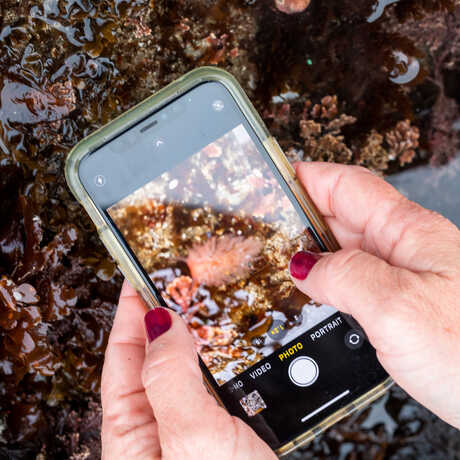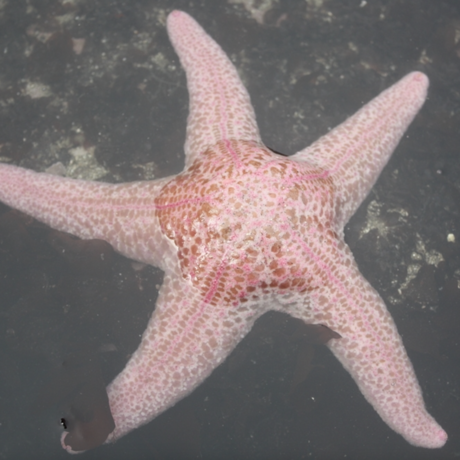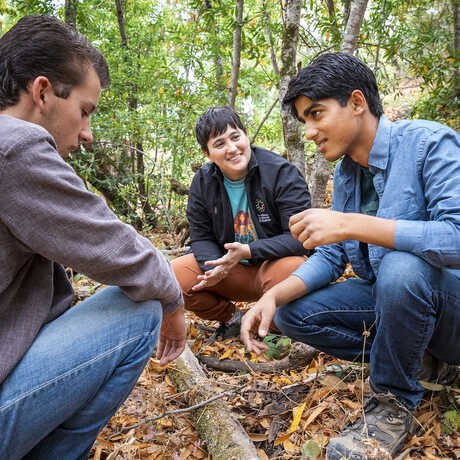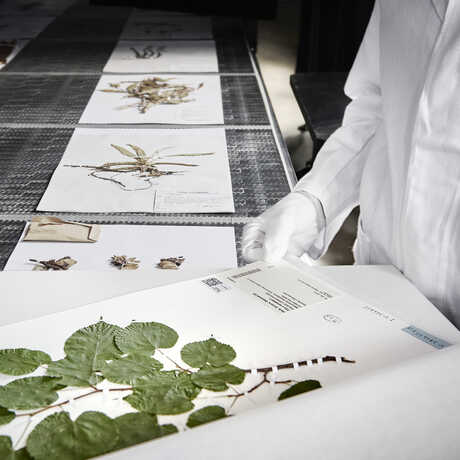Community Science
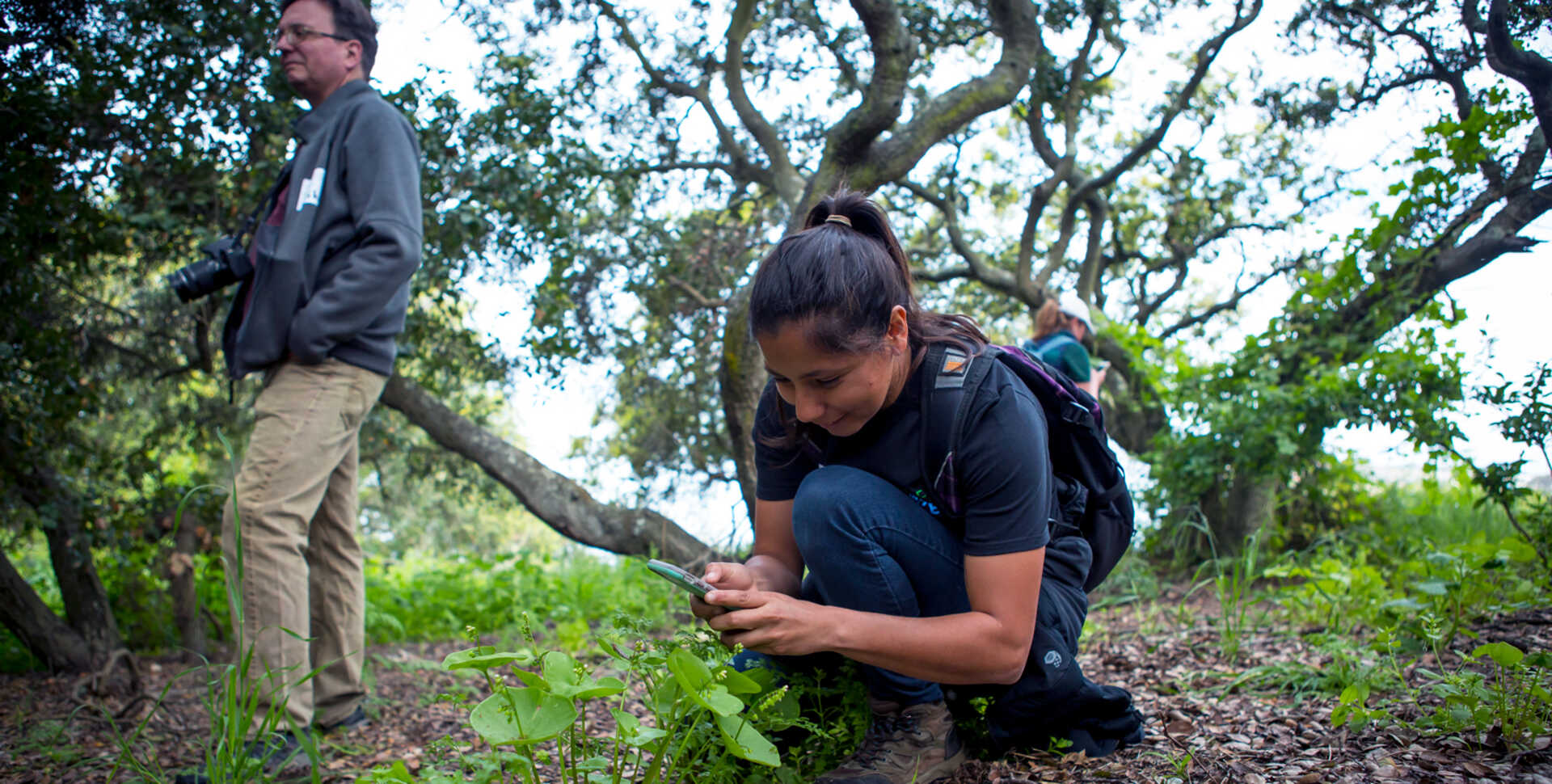
To protect biodiversity, we need to know more about it. Academy scientists travel the globe in their efforts to learn more, but they can’t be everywhere—we need your help!
Community scientists' collective observations of plants and animals, wherever they're found, are beginning to creating an important global record: what biodiversity is found where, how healthy populations are, and what's changing in the environment. By crowdsourcing this kind of data collection and analysis, the community science movement helps science to answer some of the biggest questions we face today.
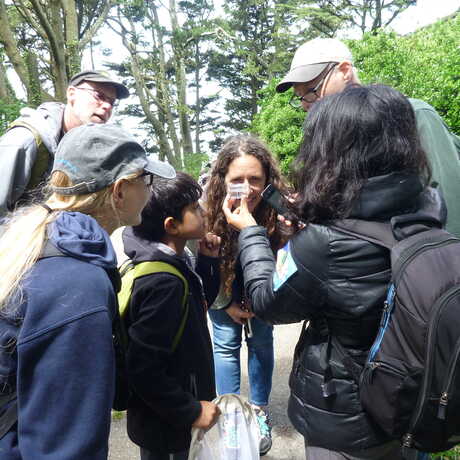
Bioblitzes and events
See our upcoming community science events here! Sign up for a bioblitz to help document species at a site with others, join in a campaign to help us look for species across a larger area, or hop on a virtual webinar or talk to learn more!
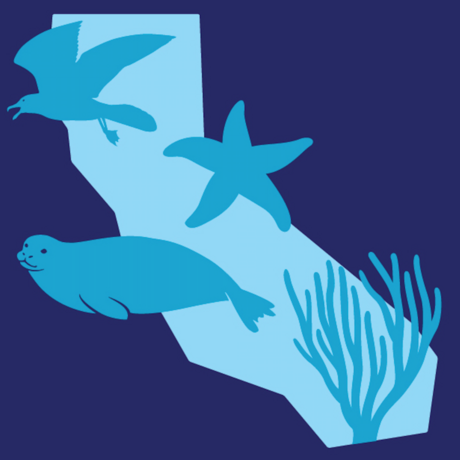
Snapshot Cal Coast
Snapshot Cal Coast is a California statewide effort to document our coastal biodiversity and create a "snapshot" in time of where species are located along our coast. So dig out your rubber boots and come join us in the tidepools this June!
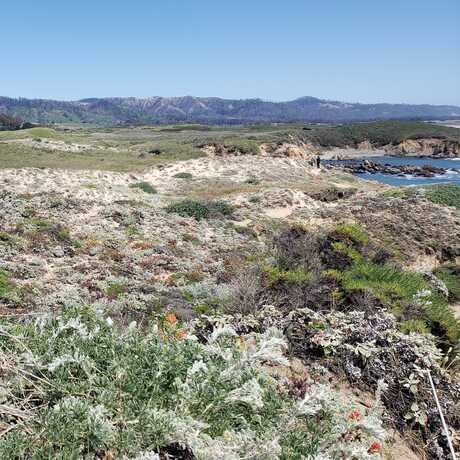
California Biodiversity Day
September 7 is California Biodiversity Day! Every year we join our partners at the State in celebrating California's extraordinary biodiversity through a week of events, California Biodiversity Week. Learn more about this year's festivities and help us celebrate the incredible number of species we get to call our neighbors here in California.
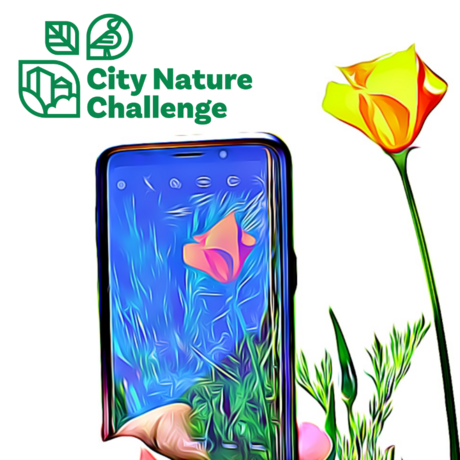
City Nature Challenge
The City Nature Challenge is a bioblitz-style event where people around the world join together to make and share observations of nature in and around cities. Interested in helping us document the Bay Area's incredible biodiversity as part of this global movement? Join us!
The work we do utilizes iNaturalist to make biodiversity observations while building community around nature. It's a community-powered website and app that makes it easy to upload and share your observations in the field and to get help from other users with flora and fauna IDs.
Have questions about our community science programs? Want to get involved? Email us at communityscience@calacademy.org.
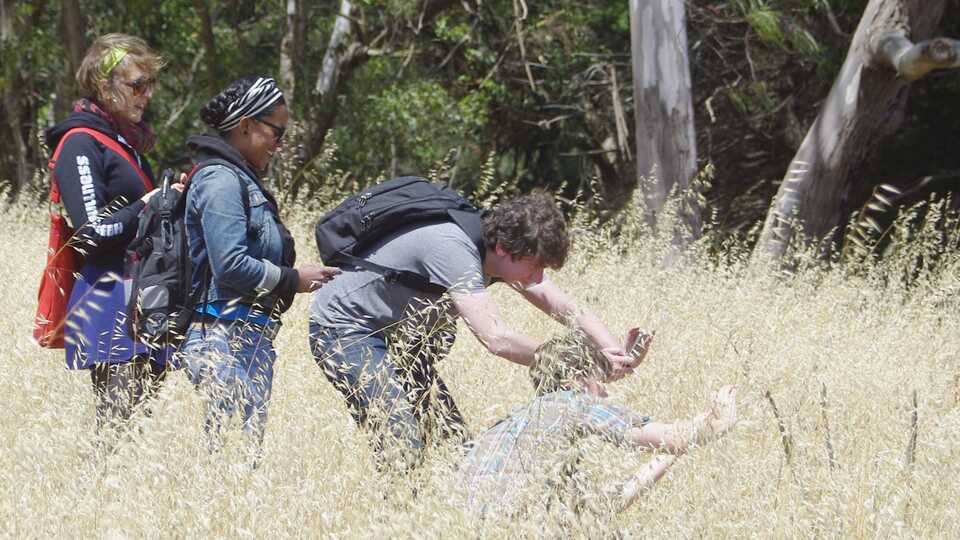
About the shift to community science
Nature—and the exploration of it—is for everyone. That’s why the Academy is moving away from the term "citizen science" in favor of "community science" moving forward. Here's a statement from the Community Science team about the transition:
Since 2015, we have been called the Citizen Science department, but we recognize the exclusionary nature of the term “citizen.” While the field of citizen science largely uses “citizen” in the context of “citizen of the world,” impact is more important than intent: If even one person feels excluded from or hesitant about participating in our programs due to the language used, we believe we shouldn’t use that language. Our team collaborates with people and partner organizations to gather observational biodiversity data, translate those data into actionable science and management outcomes, and build community by working together. Citizenship has absolutely no bearing on whether folks can participate in the work we do, and we want the words we use to reflect that this work is inclusive of all people. Ultimately, we aim to make science more accessible for everyone, engaging communities to observe and connect with nature wherever they are. With our department’s name change, we aim to both more accurately reflect what we do—studying biodiversity through community-centered, grassroots organizing—and to move away from describing our work as “citizen science” and toward “community science.”
We want to stress, however, that the terms “citizen science” and “community science,” up until recently, have not been considered interchangeable. Community science is a term that has largely been used by the environmental justice field to describe a very particular type of citizen science—one where community members identify a problem, often affecting the health or well-being of their community, and then collect the data needed to show the impacts of this identified problem. As defined by Charles et al (2016), community science is research- and monitoring-driven and controlled by local communities, and is characterized by place-based knowledge, social learning, collective action, and empowerment, while “citizen science” is typically instituted not by a community, but by a researcher or team of researchers outside the community. So, by changing the name of what we do to “community science,” we acknowledge that we’re co-opting a term, and in doing so, making true community science less visible. We wish there was another inclusive term we could use to describe our work that connected us to similar programs and helped hold us all together in a community of practice, and hope that an agreed-upon umbrella term for the work we do will emerge from ongoing conversations happening in our field right now. Until then, we will use community science.
We also recognize that this change is aspirational. Community science is more collaborative, done together with and driven by community, working to address their concerns and answer their questions. We still have a lot to do to claim to be truly doing "community science." By changing the way we refer to what we do, we are also making a strong commitment to change the way we do our work.
—Rebecca Johnson, Alison Young, Annie Miller, and Gio Rapacciuolo

